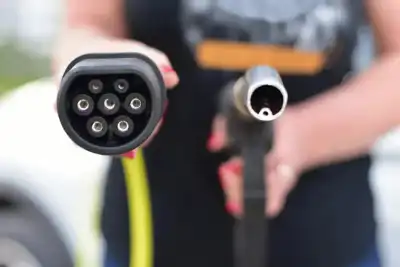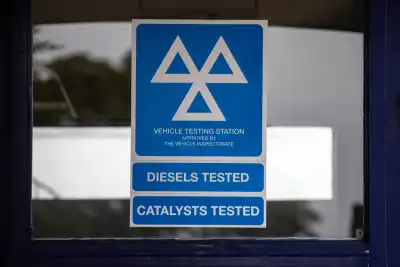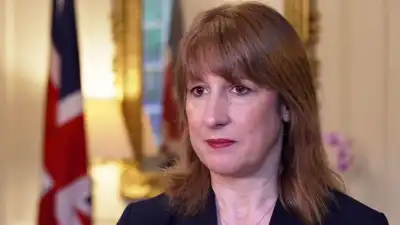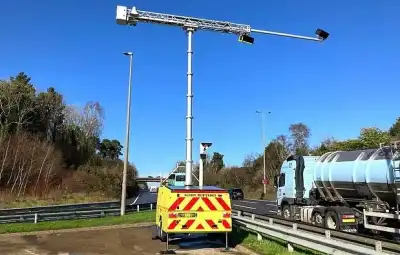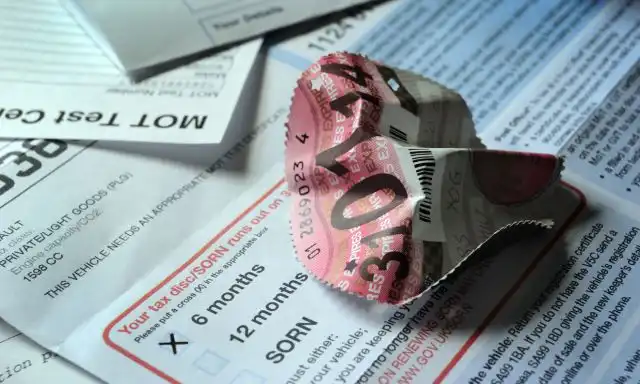
Now, when we buy a bunch of bananas in Tesco, we get a receipt and we know what we’ve bought. We know this because we can see the yellow fruit in our blue-and-white-striped bag, complete with free Brazilian Wandering Spider.
When we pay our taxes, there are no such visual cues. The government could be spending our money training chimps to trade oil derivatives for all we know.
But road tax and fuel duty raise over £30bn every year. And in 2010, the Highways Agency set out its ‘strategic plan for the next five years’, a stretching vision to be ‘the world's leading road operator’.
Clearly this is a load of shonky schmuff. Because 2015 has been and gone. And, while the French hear a choir of heraldic angels every time they cross the Millau Bridge in a swirl of ethereal mist, we get clinical spondylosis from driving over potholes.
So how much of that £30bn is actually spent on our roads?
A quarter. Yes, £7.5bn, according to the RAC. The truth is that all taxes go into a central fund. That means that motoring cash could be spent on anything from education to basket-weaving classes for marsupials.
A spokesperson for the Treasury said: “At Budget 2014, we announced the £200million Pothole Fund for local authorities, to fix a potential 3.2 million potholes across England. This is the latest in a series of announcements which will see more than £24billion spent on England’s strategic road network between 2010 and 2021 – the biggest upgrade to our roads in over 30 years.”
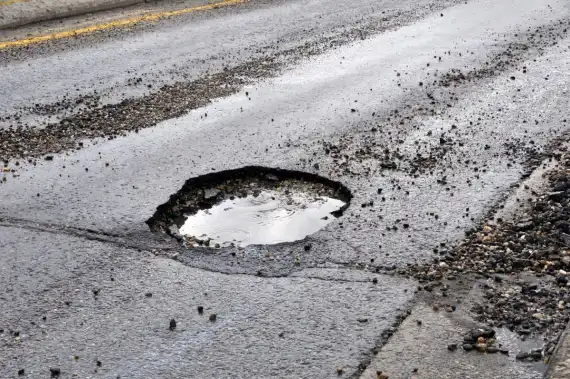
But don’t you think that money extracted from motorists should actually be spent making life better for them? We love our cars, but wasting time in them is as much fun as a slinky in a bungalow. Delays cost us time, stress and money.
UK drivers spend an average of 32 hours a year stuck in traffic. Britain is the world’s fourth-worst developed nation for congestion. And London is the world’s seventh-most-gridlocked city. Congestion costs our economy £31bn a year in fuel costs and lost productivity.
We didn’t just make those figures up, amusing though they are. They come from a study by Inrix, which provides traffic data. By the way, you think London’s bad? Don’t ever make an urgent appointment that involves your appendix in Exeter. Average speeds there are 4.6mph.
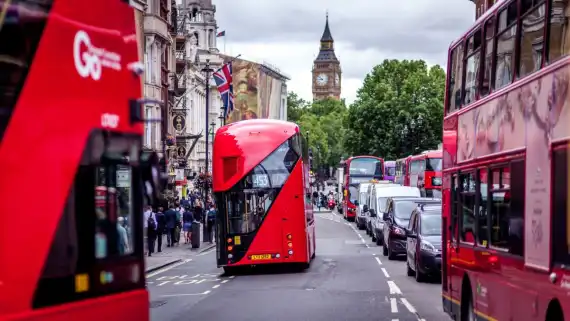
Graham Cookson, Chief Economist at Inrix, said, “Despite Brexit, 2016 saw the UK economy remaining stable, fuel prices staying low and employment growing to an 11-year high, all of which incentivises road travel and helped increase congestion.
“The cost of this congestion is staggering, stripping the economy of billions, impacting businesses and costing consumers dearly. To tackle this problem, we must consider bold options such as remote working, wider use of road user charging and investment in big data to create more effective and intelligent transportation systems.”
Or perhaps we could introduce a two-tier system? Bear with us. When we have delays with the NHS, we go private. Job done. When the schools are bad, likewise. But it’s all a bit more tricky with roads. So how about an upper-deck for every road in the country, with an on-the-spot toll?
That’s a self-financing system right there that doesn’t rip up any more green stuff. You know it makes sense.

